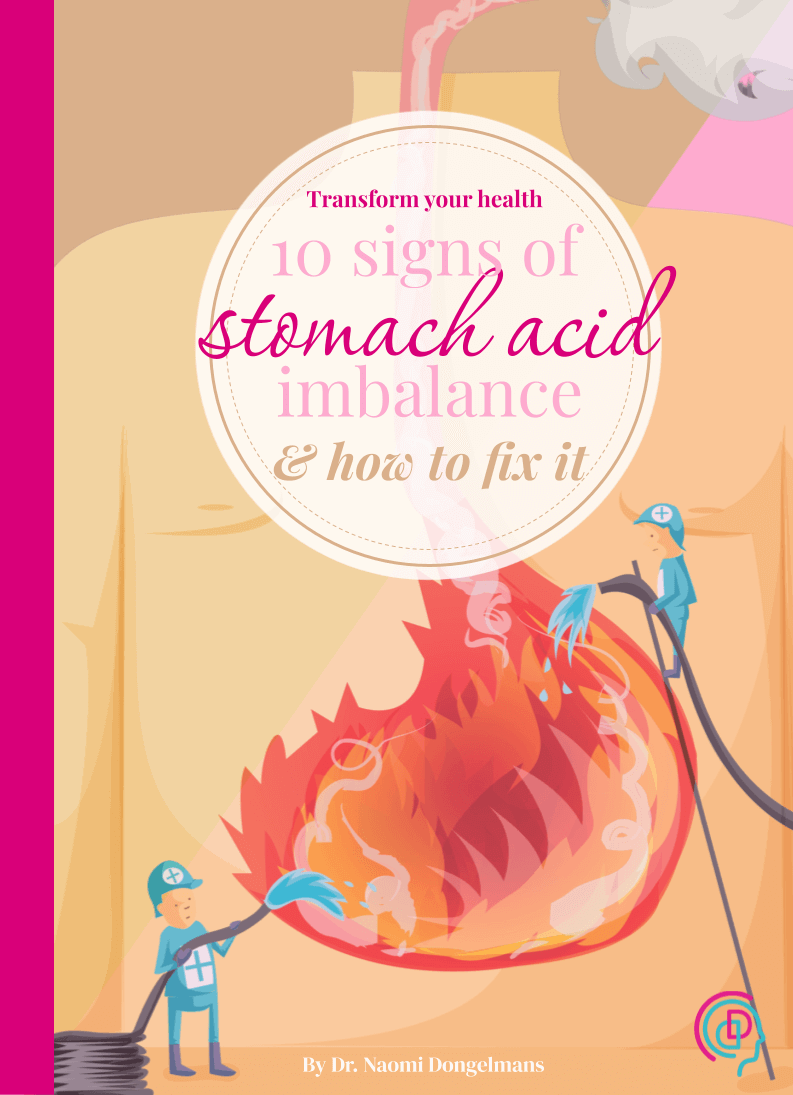
In the quest for better health and weight management, many of us have been conditioned to believe that it's all about counting calories and opting for diet soda as a guilt-free indulgence. However, the reality is far more complex and intriguing than the simple arithmetic of calories. It's about understanding the intricate relationship between what we consume, inflammation, insulin, and the delicate balance of our microbiome.
The hidden consequences of artificial sweeteners
Let's begin with the often misunderstood world of artificial sweeteners, commonly found in sugar-free and diet products. These sweeteners, while marketed as calorie-free and sugar-free alternatives, can have surprising consequences for our bodies.
Artificial sweeteners trigger an increase in insulin levels. At first glance, this may not seem like a major issue, as insulin helps regulate blood sugar levels. However, the catch is that excessive insulin secretion can lead to a cascade of events, including inflammation.

Understanding inflammation
Inflammation is a natural response. When faced with a threat, injury, or infection, it's an essential part of our immune system's toolbox to initiate healing and protect us. This acute inflammation is a short-lived, beneficial process. For example, when you get a wound, it often becomes red, warm, and swollen as a result of this acute inflammation. It's the body's way of defending itself and starting the healing process.
However, the story becomes more complex when we talk about chronic inflammation. Unlike acute inflammation, which serves a clear purpose and then subsides, chronic inflammation persists over time, and it can silently harm our health.
The concept of low-grade inflammation
Now, let's delve into the concept of low-grade inflammation. This is a subtle form of chronic inflammation that may not be easily detectable through conventional medical tests. It's like a smouldering fire within, quietly contributing to health problems.
For example, consider one of my patients who experienced chronic diarrhoea for 30 years. He moreover had an autoimmune condition. When prescribed prednisone, a medication known to reduce inflammation, the diarrhoea ceased. However, as the prednisone dosage was gradually reduced, the diarrhoea returned.
This scenario is a prime example of how inflammation, especially in its low-grade form, can impact health. Despite not showing visible signs of inflammation in the intestines during a scope examination, the patient's condition improved with anti-inflammatory treatment. It highlights that inflammation isn't always apparent in traditional medical tests but can significantly influence our well-being.

Health conditions linked to low-grade inflammation
Chronic low-grade inflammation is associated with various health conditions, including obesity, cardiovascular diseases, autoimmune disorders like diabetes, dementia, arthritis, multiple sclerosis, lupus, psoriasis and even certain types of cancer. It can slowly damage tissues, disrupt organ functions, and contribute to long-term health issues.
So, when discussing inflammation, it's crucial to recognise that it exists on a spectrum, from acute and visible inflammation to the more subtle, enduring low-grade inflammation. Understanding this distinction is vital for our overall health and well-being.
The role of the microbiome
Now, let's dive into the fascinating world of the microbiome – the diverse community of microorganisms that inhabit our gut. This complex ecosystem plays a pivotal role in digestion, immune function, metabolism, and even mental health.
Artificial sweeteners disrupt this delicate balance ¹, ², ³. When insulin levels spike due to sweeteners, it can adversely affect the composition of our microbiome. An imbalanced microbiome can lead to digestive issues, compromised immunity, and an increased risk of inflammation-related disorders.
The misleading "calories vs. inflammation" dilemma
The conventional wisdom of counting calories to manage our weight doesn't address the more profound impact of inflammation on our overall health. The calorie-counting approach oversimplifies the complex interplay between what we eat and how our bodies respond to it.
In fact, gaining a few extra pounds might be a lesser concern than the inflammatory havoc wreaked by excessive consumption of artificial sweeteners. It's time to shift our focus from just numbers on the scale to a holistic understanding of our well-being.

Making informed choices for a healthier future
As we navigate the sea of dietary choices, it's essential to be discerning consumers. While occasional indulgences are part of a balanced life, it's crucial to be aware of the potential consequences of our choices.
Instead of relying on diet sodas and artificial sweeteners as a silver bullet for weight management, let's prioritise real, whole foods that nourish our bodies without the risk of inflammation. Opt for natural sweeteners like honey or maple syrup in moderation, and remember that balance is key.
Additionally, supporting a healthy microbiome through a diverse diet rich in fibre, fermented foods, and probiotics can go a long way in maintaining our overall well-being.
In conclusion
In pursuing health and happiness, we must go beyond the surface and uncover the hidden truths about our dietary choices. Inflammation, fueled by the consumption of artificial sweeteners, is a more significant concern than mere calorie counting.
Let's choose a path that prioritises our long-term health, embraces the wisdom of our microbiome, and celebrates the vibrancy of real, unprocessed foods. By making informed choices, we can work toward a future where our bodies thrive, free from the inflammatory pitfalls of diet soda myths.
If you want to learn more about the hidden causes of low-grade inflammation, please explore my other blog post, "Uncovering the Hidden Causes of Low-Grade Inflammation." In that article, you'll find additional insights into how various factors contribute to inflammation and impact our overall well-being.
For a more comprehensive understanding of low-grade inflammation
Love what you read here? Subscribe for updates! Add me to the list!




























0 Comments